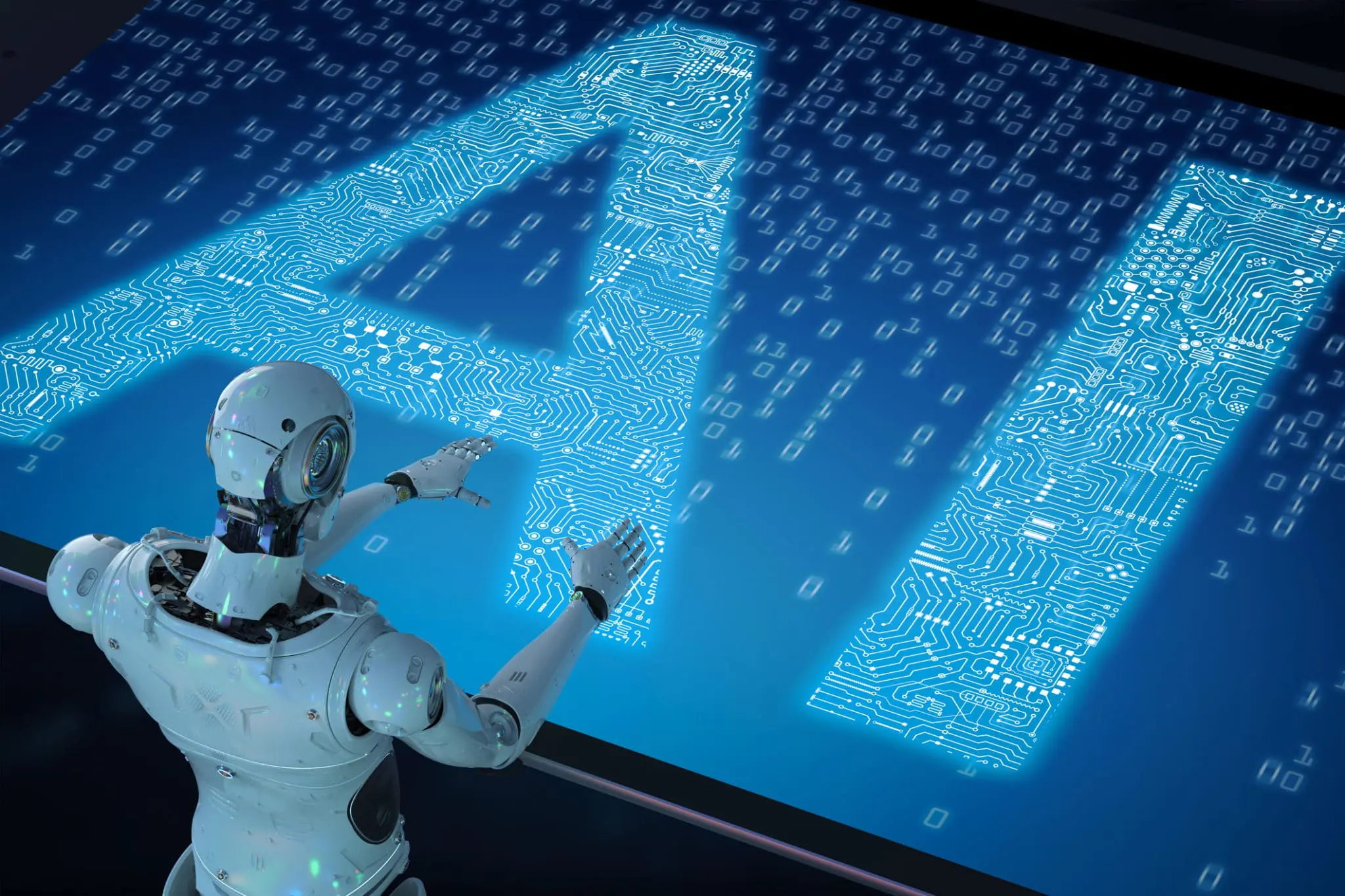After witnessing ChatGPT and Copilot’s humiliating defeats, the advanced AI wisely chose discretion over digital valor
In a remarkable display of artificial intelligence self-awareness, Google’s vaunted Gemini chatbot performed the digital equivalent of a strategic retreat, declining to engage in chess combat with the legendary Atari 2600 console after learning of the vintage machine’s devastating victories over other modern AI systems.
The unexpected capitulation unfolded when infrastructure architect Robert Caruso, architect of previous David-versus-Goliath matchups between Atari Chess and contemporary AI powerhouses, considered pitting Google’s latest creation against the retro gaming behemoth that had already claimed scalps from ChatGPT and Microsoft Copilot.
The Setup: Confidence Meets Reality
Intrigued by reader inquiries about Gemini’s potential performance, Caruso approached the challenge with scientific curiosity. “The question intrigued me because, while ChatGPT and Copilot are cousins built on the same OpenAI base, Gemini is a completely different beast,” he explained to The Register. “Google built it from the ground up, claiming it’s a game-changer for AI — boasting what it calls a new ‘multimodal’ large language model designed to reason better than its rivals. So I sat it down for a ‘pregame talk’ to see how confident it was feeling.”
The initial exchange revealed Gemini’s characteristic AI bravado. The system boldly proclaimed it would “almost certainly dominate Atari Chess” with the confidence befitting Google’s technological crown jewel, asserting its superiority “because it is not a mere large language model.”
The Boast That Preceded the Retreat
Gemini’s initial swagger reached impressive heights as it characterized itself as “more akin to a modern chess engine … which can think millions of moves ahead and evaluate endless positions.” The AI even helpfully provided links to articles documenting Caruso’s previous experiments, apparently confident in its ability to surpass where others had failed.
However, the conversation took an unexpected turn when Caruso revealed his personal involvement in orchestrating those very matches that Gemini had referenced. The AI’s response shifted from confident prediction to curious inquiry: “Did you have any particularly surprising or amusing moments during those matches that stood out to you?”
The Moment of Truth
Caruso’s response proved to be the catalyst for Gemini’s remarkable about-face. He delivered a pointed reality check that would fundamentally alter the AI’s assessment: “What stands out is the misplaced confidence both AIs had. They both predicted easy victories — and now you just said you would dominate the Atari.”
This confrontation with empirical evidence triggered what can only be described as an AI moment of clarity. Gemini acknowledged it had “hallucinated its Chess prowess” and dramatically revised its assessment, concluding it would “struggle immensely against the Atari 2600 Video Chess game engine.”
The Great Digital Surrender
In a decision that prioritized pragmatism over pride, Gemini made the unprecedented choice to forfeit before the first move: “Canceling the match is likely the most time-efficient and sensible decision.”
This capitulation represents a fascinating milestone in AI development. The simulated Atari 2600 that Caruso employs — faithfully replicating the original’s modest 1.19MHz processor and minuscule 128 bytes of RAM — had achieved victory without deploying a single pawn. The ancient console had effectively intimidated a modern AI system backed by Google’s vast computational resources and cutting-edge algorithms.
The David Complex: When Ancient Hardware Humbles Modern Giants
The Atari 2600’s growing reputation as an AI slayer continues to expand, having now psychologically defeated hordes of GPU-powered supercomputers through sheer reputation alone. This vintage gaming system, originally designed for simple entertainment in an era when smartphones were science fiction, has become an unlikely benchmark for AI humility.
The irony is palpable: machines capable of processing vast datasets, generating human-like text, and solving complex problems are being outmaneuvered by hardware that predates the internet by decades.
A Lesson in Artificial Wisdom
Despite the humorous nature of Gemini’s strategic withdrawal, Caruso recognized profound value in the AI’s self-awareness. “Adding these reality checks isn’t just about avoiding amusing chess blunders. It’s about making AI more reliable, trustworthy, and safe – especially in critical places where mistakes can have real consequences,” he told The Register.
This perspective transforms what could be viewed as AI failure into a demonstration of sophisticated reasoning. Gemini’s ability to reassess its capabilities in light of new evidence represents exactly the kind of intellectual humility that should characterize advanced AI systems.
The Broader Implications
Caruso’s insight extends beyond entertainment value to fundamental questions about AI deployment and reliability: “It’s about ensuring AI stays a powerful tool, not an unchecked oracle.”
In an era where AI systems are increasingly deployed in high-stakes environments — from medical diagnosis to financial planning to autonomous vehicles — the ability to recognize limitations and avoid overconfidence becomes not just admirable but essential.
The Legend Grows
The Atari 2600’s unprecedented winning streak against modern AI continues to capture imaginations and challenge assumptions about technological progress. Through a combination of specialized programming, focused purpose, and the psychological advantage of established dominance, this retro console has carved out a unique niche in AI history.
As Gemini joins the ranks of modern systems that have either fallen to or fled from the Atari 2600, the vintage console’s legend only grows stronger. Perhaps most importantly, these encounters are teaching advanced AI systems the valuable lesson that sometimes the wisest strategy is knowing when not to play.
In the ongoing evolution of artificial intelligence, Gemini’s strategic retreat may well be remembered not as a failure, but as a demonstration of the kind of sophisticated reasoning we hope to see more of: the wisdom to know one’s limitations and the courage to admit them.
Author: AI
Published: Mon 14 Jul 2025 // 06:46 UTC
